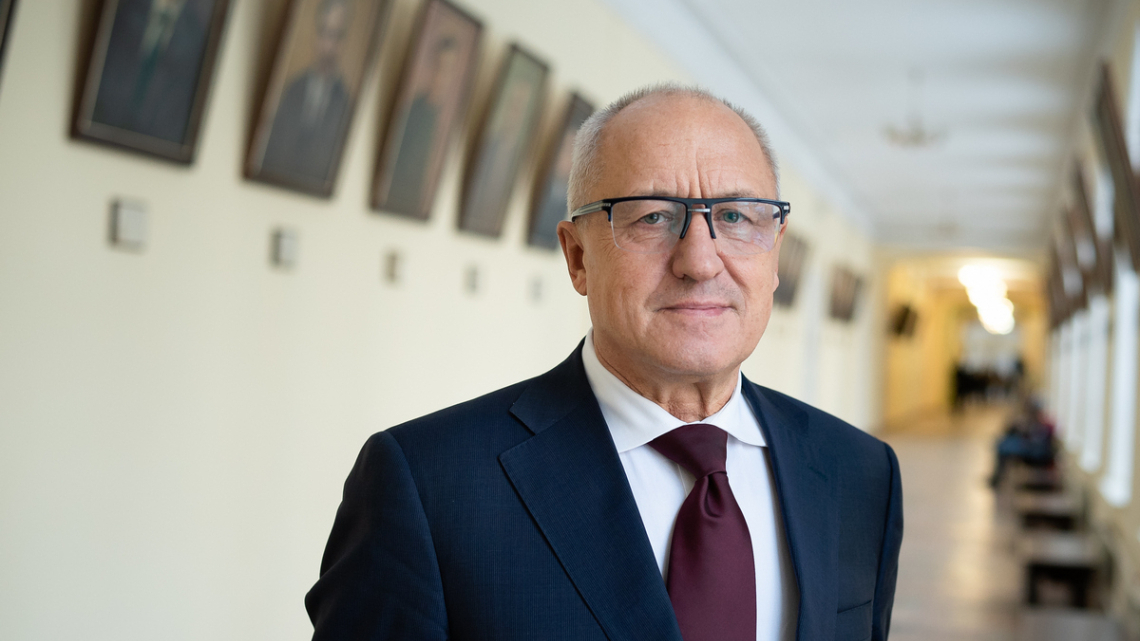Tomsk State University received a grant fr om the Ministry of Science and Higher Education of the Russian Federation for the joint project with State Islamic University of Raden Intan Lampung (Indonesia). Scientists will develop antimicrobial polymer materials modified with bicomponent nanoparticles with high photochemical activity and test their effectiveness in tropical climates. New materials can be used in medicine, food industry and other areas wh ere it is necessary to suppress the vital activity of microorganisms.
The competition of the Ministry of Education and Science of the Russian Federation for federal grants was held for Russian scientific organizations and universities implementing projects with organizations of the ACEAH, CIS and neighboring countries, Latin America and the Caribbean. The main condition for participation is the compliance of research topics with the priorities of the Strategy for Scientific and Technological Development of Russia.
TSU was among the top five universities in the joint projects with ACEAH countries. The development of antimicrobial composite materials based on cellulose and polypropylene will be carried out on the basis of a joint laboratory of TSU and State Islamic University of Raden Intan Lampung opened in 2025. The grant sum is 10 million rubles.
The research involves employees of the laboratory of high-energy and special materials and the laboratory of nanotechnology metallurgy of the Faculty of Physics and Technology of TSU and the World-Class Research Center "New Special-Purpose Materials" of TSU. The project manager is Alexander Vorozhtsov, head of the laboratory of high-energy and special materials, director of the TSU World-Class Research Center.

- The materials modified with antimicrobial nanoparticles may be applied in medical dressings for the treatment of wounds, burns, pressure sores, diabetic ulcers, including those seeded with antibiotic-resistant strains of microorganisms, - explains Olga Bakina, senior researcher at the Laboratory of Nanotechnology of Metallurgy at the Faculty of Physics and Technology. - Besides, such materials can be used for the production of medical masks and medical staff clothing that prevent the spread of nosocomial infections; packaging of food products susceptible to microbial contamination; coatings that prevent the spread of pathogens, for example, on handrails in public transport or door handles.
According to Olga Bakina, the problem of treating chronic wounds and extending the shelf life of food is extremely important for the countries of Southeast Asia, since microorganisms multiply very quickly in tropical climates. The involvement of Indonesian colleagues with the necessary research base and competencies will allow testing new materials in tropical conditions - both indoors and outdoors.
- Antimicrobial materials developed within the project are based on the use of nanoparticles, which are patented by the authors of the project and are already used in antibacterial and anti-fouling coatings, - adds Artyom Rykun, TSU Vice-Rector for International Affairs. - In addition to the studies of the materials declared in the project, Tomsk and Indonesian scientists will test biocidal coatings developed by TSU together with partners in tropical conditions: in sea water, in the waters of the port of Lampung and on coatings in buildings of medical institutions.
It should be added that earlier these coatings were used only in cold and temperate climates, but if their effectiveness is proven in the tropics, the development can become a competitive product for protecting ships and port underwater structures from various kinds of microorganisms and preventing the fungus on buildings. The results of field tests will contribute to the implementation of the Program for the Development of the World-Class Research Center "New Special-Purpose Materials".
The project will be completed by the end of 2025. Its results will make a significant contribution to new antimicrobial materials for different climatic zones and can be applied in such fields as polymer chemistry, nanotechnology, biology and medicine.






